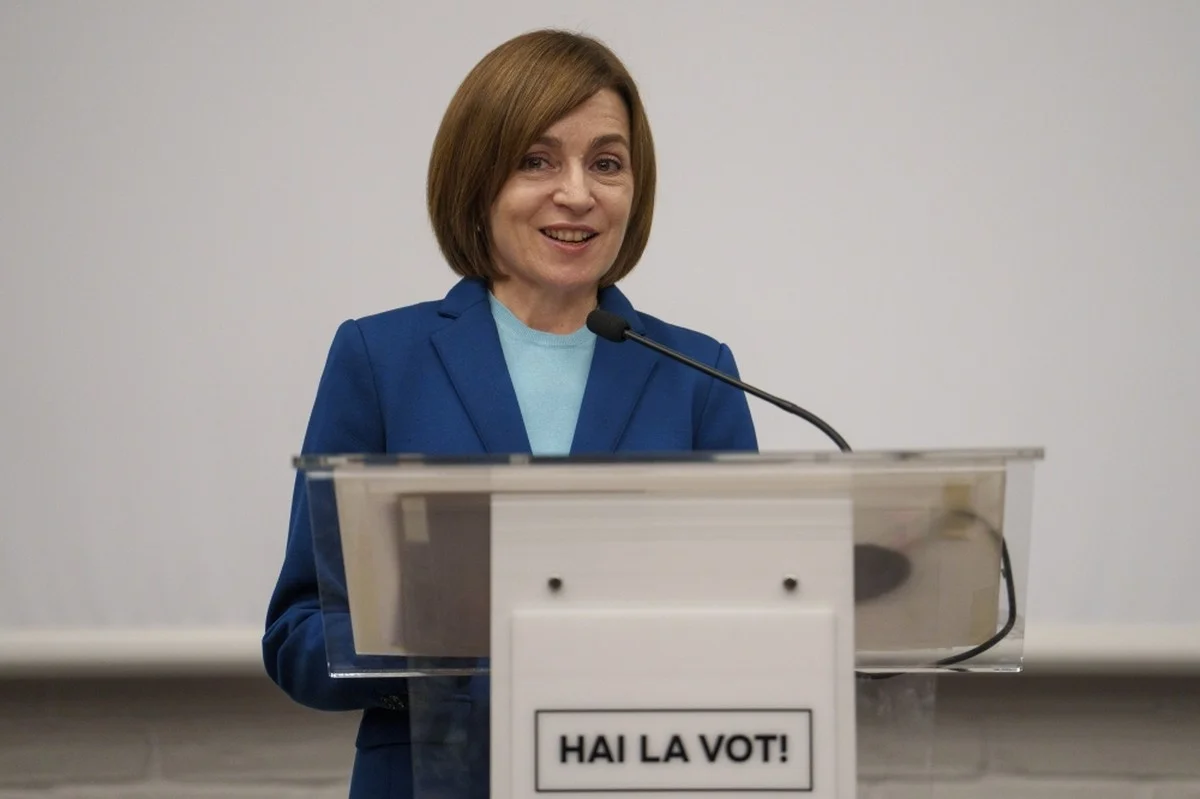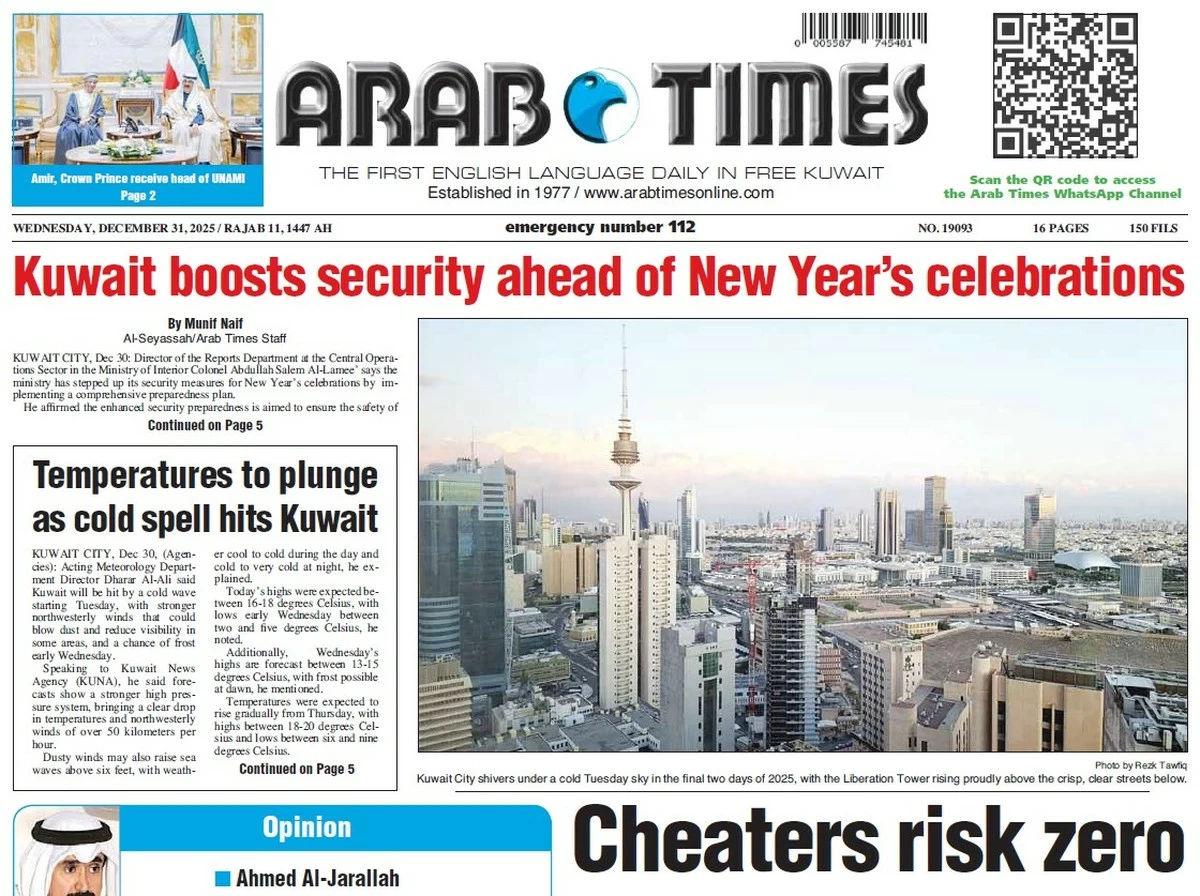04/11/2024
04/11/2024

CHISINAU, Moldova, Nov 4, (AP): Moldova’s pro-Western President Maia Sandu has won a second term in a pivotal presidential runoff against a Russia-friendly opponent, in a race that was overshadowed by claims of Russian interference, voter fraud, and intimidation in the European Union candidate country.
With nearly 99% of votes counted in the second round of the presidential election held Sunday, Sandu had 55% of the vote, according to the Central Electoral Commission, or CEC, compared to 45% for Alexandr Stoianoglo, a former prosecutor general who was backed by the pro-Russia Party of Socialists. The result will be a major relief for the pro-Western government, which strongly backed Sandu’s candidacy, and her push for closer Western ties on Moldova’s path toward the EU.
"Moldova, you are victorious! Today, dear Moldovans, you have given a lesson in democracy, worthy of being written in history books. Today, you have saved Moldova!” Sandu said after claiming victory after midnight. She went on to claim that her country's vote had faced an "unprecedented attack" through alleged schemes including dirty money, vote-buying, and electoral interference "by hostile forces from outside the country" and criminal groups.
"You have shown that nothing can stand in the way of the people’s power when they choose to speak through their vote," she added. Speaking before the final vote count, Stoianoglo told the media that "everyone’s voice deserves respect” and that he hopes "from now on, we will put an end to the hatred and division imposed on us.”
It isn't clear if he has publicly commented on his electoral defeat. When polls closed locally at 9 p.m. (1900 GMT), turnout stood at more than 1.68 million people - about 54% of eligible voters, according to the CEC. Moldova’s large diaspora, which cast ballots in record numbers of more than 325,000 voted, heavily in favor of Sandu in the runoff. In the first round held Oct 20, Sandu obtained 42% of the ballot but failed to win an outright majority over the second place Stoianoglo. The presidential role carries significant powers in areas such as foreign policy and national security and has a four-year term.


